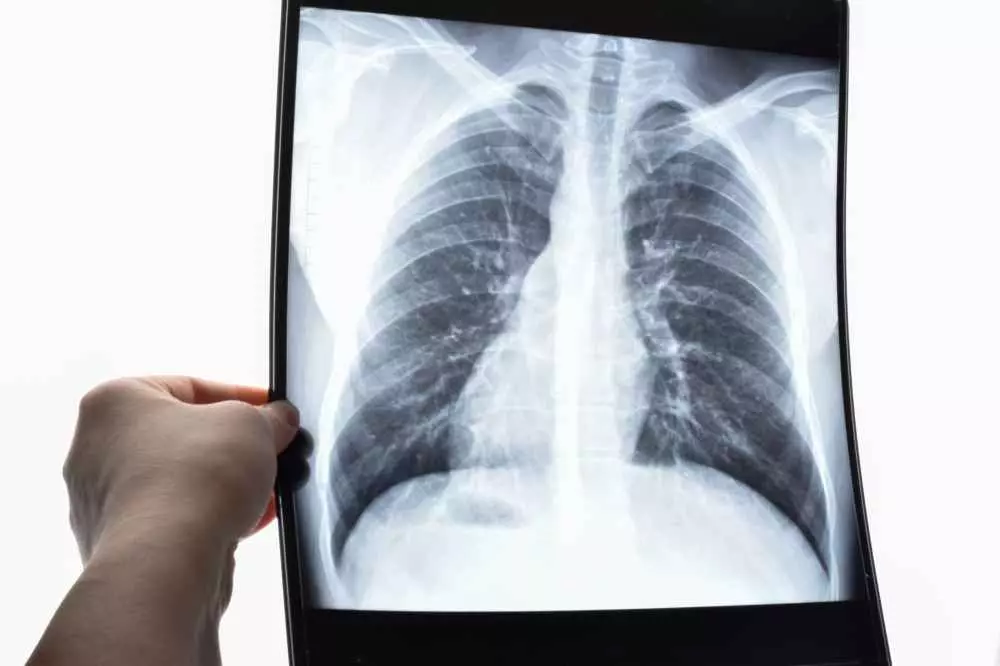Impact of COVID-19 on lung cancer audit results
Introduction to the topic
The COVID-19 pandemic had a huge impact on various areas of life, including public health. The health sector, including the diagnosis and treatment of oncological diseases such as lung cancer, has particularly suffered. This article looks at how the pandemic affected lung cancer audit results, pointing to changes in diagnosis, treatment and patient support.
Changes in lung cancer diagnosis
COVID-19 caused significant reductions in access to medical services, which affected lung cancer detection. Many facilities changed their workflow, leading to delays in diagnosis. Patients, fearing infection with the virus, often skipped medical appointments.
An increase in the number of cases of later-diagnosed lung cancer can lead to a poorer prognosis and increased mortality. It is therefore crucial that health authorities take steps to ensure that patients have access to diagnostic testing and health monitoring.
Impact on patient treatment
During the pandemic, many cancer therapies were postponed or modified. Hospitalizations, chemotherapeutic therapies and surgical procedures were often curtailed due to hospitals being filled with COVID-19 patients. This situation adversely affected the continuity of treatment and the health of patients.
In addition, changes in treatment delivery, such as telemedicine, have become more widespread, which on the one hand has allowed patients to access doctors, but on the other hand has forced new challenges related to the lack of face-to-face contact.
Psychosocial impact of the pandemic
Concerns about COVID-19 have contributed to increased anxiety and stress in oncology patients. Addressing depression and disease-related anxiety has become an important part of patient care. Psychological help in these difficult times was irreplaceable, and many health organizations sought to provide support in this area.
Emotional support from family and friends was crucial for patients during the pandemic. Nonetheless, the constraints of social isolation caused many people to experience a deterioration in their mental state, which may also have affected their treatment decisions.
Changes in health care models
The COVID-19 pandemic has forced health systems around the world to review and adjust their models of care. Many hospitals and clinics have introduced new procedures to limit contact and minimize the risk of infection. As a result, some oncology and rehabilitation therapies have been converted to remote, allowing patients to continue treatment safely.
Investments in digitaltechnologies and the implementation of telemedicine have gained traction and can become a permanent part of the oncology care system, facilitating access to doctors and patient follow-up.
Lessons learned from lung cancer audits
Audits conducted after the end of the most severe phases of the pandemic showed significant differences in health outcomes for lung cancer patients. Survival rates may be worse than in earlier years, prompting reflection on the impact of COVID-19 on health systems as a whole.
These lessons should become the basis for future efforts to improve access to diagnosis and treatment. It is also necessary to learn from the pandemic experience to provide better care in the event of future health crises.
Summary
The impact of COVID-19 on lung cancer audit results is a topic that deserves attention. Undeniably, the pandemic has introduced many changes that have affected the diagnosis, treatment and care of patients. In the face of these difficulties, it is critical that health authorities and health systems take steps to improve the quality of life of cancer patients and ensure that they have adequate access to necessary medical services.
